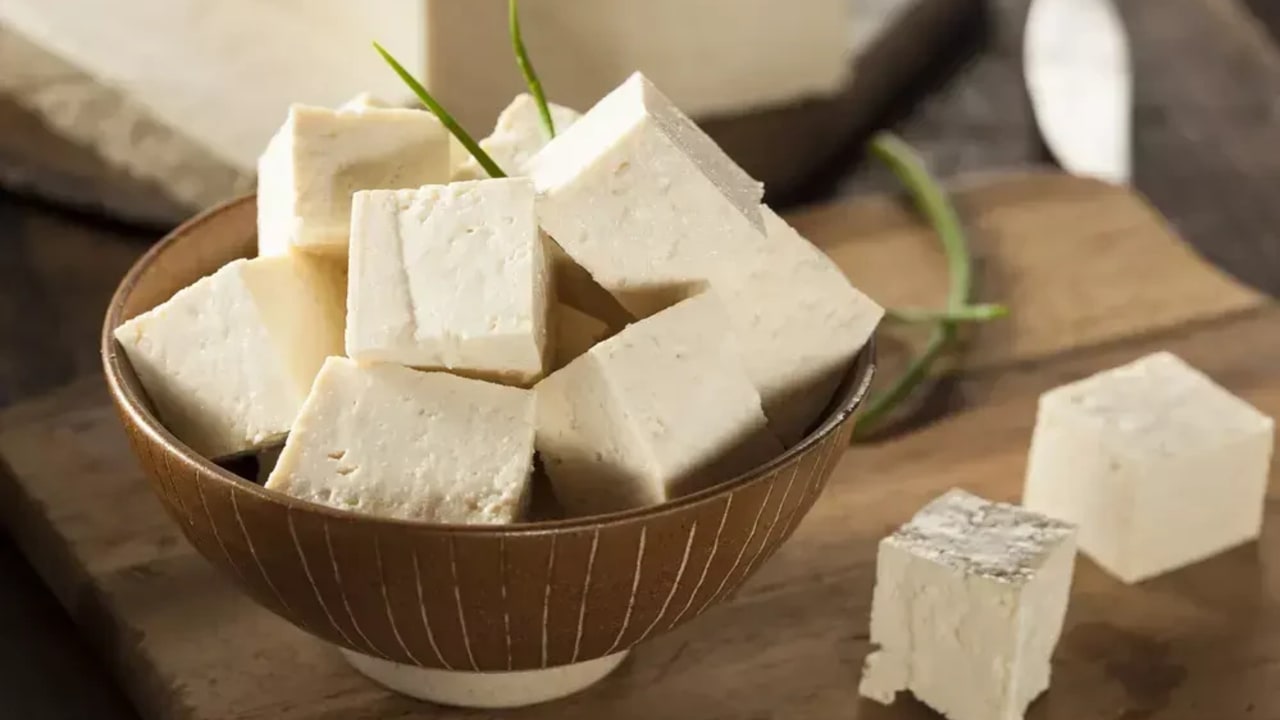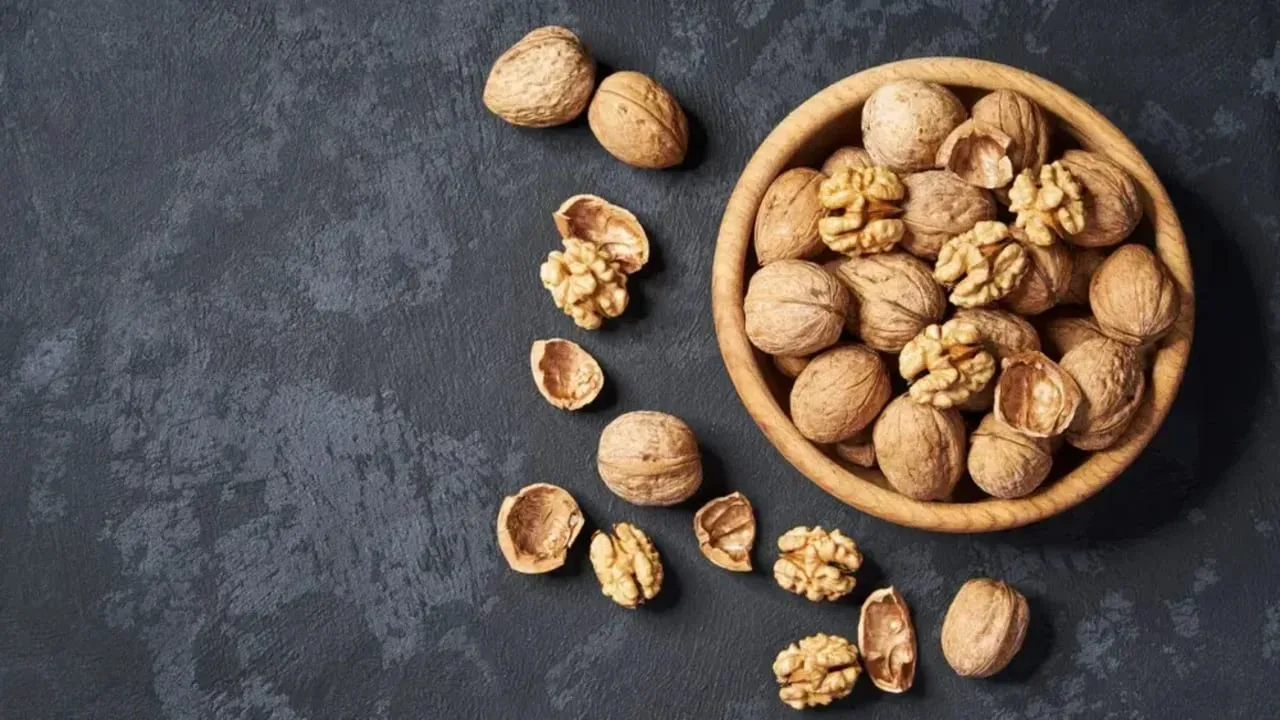Jerusalem Post
ByREUMA KURTZ, CLINICAL DIETITIAN
The white cube that may seem flavorless has become one of the healthiest and most accessible sources of protein in the vegetarian and vegan kitchen, and also among those who simply want to reduce meat consumption. But behind the simple appearance hides a world of nutritional values and culinary opportunities worth knowing.
Tofu is made from soybeans, which are soaked, cooked, and coagulated to create a solid texture. Just like cheese – only plant-based. It was born in China more than 2,000 years ago, spread to Japan and the rest of Asia, and today it is a global star in health kitchens.
The common mistake is to see it only as a “substitute” for something else, but the truth is that it is an independent product with clear health benefits:
Some get excited about back-to-school season, while for others today marks International Tofu Day. So why is tofu not just a tasteless cube, but a real superfood?
High-quality protein: Every 100 grams of tofu contain about 10 grams of complete protein, with all essential amino acids.
Low in saturated fat: Most of its fat is unsaturated, contributing to heart and vascular health.
Calcium and iron: Especially in tofu enriched with calcium – an excellent source for bone health.
Isoflavones (phytoestrogens): Unique antioxidants from soy, which may reduce the risk of osteoporosis, heart disease, and menopausal symptoms.
Low in calories: Only 70–90 calories per 100 grams – suitable for weight-loss diets.
Studies have found that regular consumption of soy products like tofu is linked to a reduction in LDL cholesterol (“bad” cholesterol), improved bone density in menopausal women, and even a reduced risk of certain types of cancer. In addition, it is easy to digest and suitable even for a sensitive stomach.
Several types, several textures
Not all tofu is created equal, and choosing the right texture changes the cooking experience:
Soft (silken) tofu – has a delicate, velvety texture, perfect for shakes, desserts, or savory creams.
Firm tofu – the standard in the Israeli kitchen, excellent for stir-frying, grilling, and as an addition to salads.
Extra-firm tofu – absorbs flavors well and is especially suitable for “meaty” dishes like vegan shawarma.
Smoked tofu – with a stronger taste, can enrich sandwiches and pastas without much seasoning.
How to incorporate tofu into the menu?
Tofu is like a blank page that absorbs any sauce and seasoning. Some smart ideas for using it:
Salads – oven-baked tofu cubes with soy and sesame add protein and satiety.
Stir-fries – the Asian classic, with vegetables and soy-ginger sauce.
Stews – tofu cubes that blend into rich sauces, from curry to shakshuka.
Desserts – silken tofu can become a vegan chocolate cream rich in protein.
Tofu is not just a meat substitute, it is a complete product with rich nutritional values, research-backed health benefits, and endless possibilities in the kitchen. Those willing to give it a chance discover that it can be crispy, juicy, sweet, or spicy – and above all, healthy.
The important tip: Don’t settle for its natural form. Learn to play with it – season, bake, fry, or use it in desserts – and turn the simple cube into a true superfood that enriches your menu and brings health, color, and flavor into the body.
















